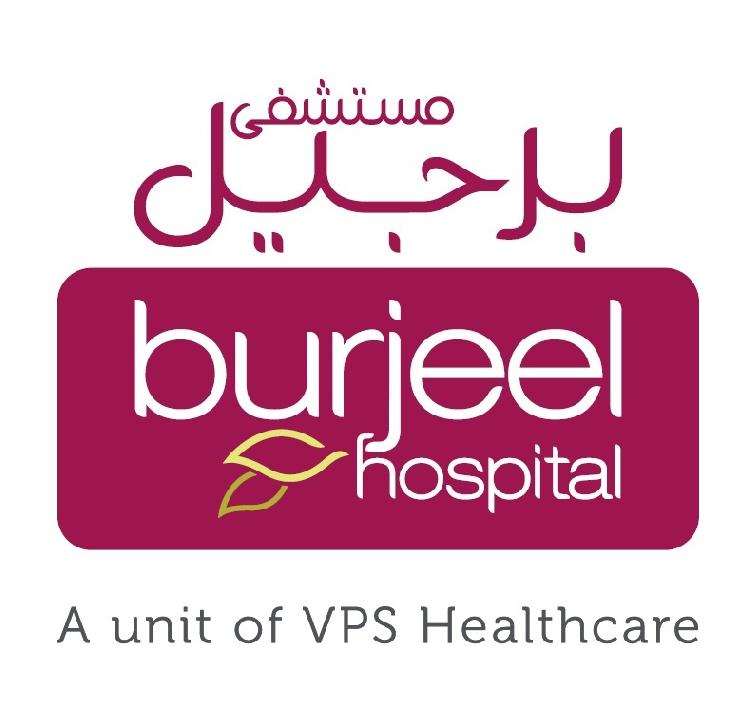
All you need to know about Anal Fistulas
Dr. Matthew Tytherleigh – Consultant Colorectal and Laparoscopic Surgeon at Abu Dhabi’s tertiary healthcare institution Burjeel Hospital – answers commonly asked questions about Anal Fistulas.
What are anal fistulas?
An anal fistula is a track between the skin on the outside of the buttock/anal area and the anal canal on the inside. There are many different types of fistulas. They can be simple or complex, depending on whether there is a single fistula tract or multiple interlinking connections. Fistulas may be low or high, depending on its position and how close it is to the sphincter muscle, which opens and closes the anus and controls continence.
What are the common symptom and signs?
Recurrent perianal abscesses are very likely to be due to an underlying fistula. There may be pain and swelling around the anus. Discharge of blood and pus from an opening near the anus often improves the pain. The skin around the anus becomes irritated and sore due to the persistent discharge.
What is the cause of an anal fistula?
A fistula is the end result of a perianal abscess. An abscess results from an acute infection of a small gland just inside the anus, when bacteria or foreign matter enters the tissue through the gland. Certain conditions, such as diabetes or Crohn’s disease, can sometimes make these infections more likely. Approximately 50% of perianal abscesses develop into a fistula. Rarely, fistulas can result from other diseases such as tuberculosis, diverticulitis or cancer.
How are anal fistulas diagnosed?
The simplest way to diagnose these problems is an examination by a colorectal surgeon who deals with this condition. Digital rectal examination, together with proctoscopy and sigmoidoscopy (simple telescope test to look into the rectum) are used to confirm the diagnosis. An MRI scan is used to define the exact location of the fistula and its relationship to the sphincter muscles.
What is the treatment for anal fistulas?
Surgery is necessary to treat anal fistulas and the type of surgery will depend on the location of the fistula. The aim of surgery is to heal the fistula while avoiding any damage to the sphincter muscle. Damage to the muscle can lead to incontinence. Simple, low fistulas that do not involve the sphincter muscle can be treated by fistulotomy, where the fistula is cut open, cleaned and allowed to heal. Complex fistulas and fistulas that pass through the sphincter muscle are initially treated by inserting a surgical thread or seton through the fistula. This keeps the tract open and prevents further abscesses forming. It is left in for a number of months. During this time, the body reacts to the seton and pushes it out, so that at a further operation the seton can be removed by just dividing the skin. Occasionally, fistulas need to be treated with fibrin glue or bioprosthetic plugs. The LIFT procedure (Ligation of Intersphincteric Fistula Tract) is a relatively new operation that is also used for complex fistulas.
About Burjeel Hospital:
Burjeel Hospital is Abu Dhabi’s premier private healthcare facility providing world-class, specialized and superior healthcare complemented by a warm and personalized human touch to the growing population of the emirate of Abu Dhabi.
A unit of the VPS Healthcare, Burjeel Hospital opened for patients in April 2012 as a Tertiary hospital under the auspices of the Health Authority for Abu Dhabi. At the core of the organization is a team of exceptionally skilled and highly experienced health professionals, collaborating as multidisciplinary teams with Guests and their families as the main focus, to provide the best healthcare experience.
Burjeel Hospital received the prestigious Joint Commission International (JCI) accreditation in June 2013 – 15 months after starting operations. Currently, the hospital is affiliated with some of the world’s best healthcare institutions for its centers of excellence and is now becoming a renowned center of referral for Cardiovascular, Orthopedics, Ophthalmology, Pediatrics, Obstetrics and Gynecology, Reproductive Medicine and many more specialties handling complex laparoscopic and minimally invasive surgeries.
The hospital has full-fledged pharmacy, laboratory, and radiology units to serve Guests at any time of the day. Burjeel also houses a restaurant and a coffee shop, serving the finest and healthiest cuisines from across the world. Combining all-round specialization and expertise with most advanced technology, Burjeel offers the best in diagnostic, curative, as well as preventive aspects of healthcare.
Share:
ADD TO EYE OF Dubai
MOST POPULAR
The Events Investment Fund Announces Strategic Joint Venture with the World’s Largest Venue Management Operator
Thursday 11 December, 2025 10:51NHC CEO warns of rising land prices
Tuesday 9 December, 2025 1:08Diriyah, Apple sign lease deal to open retail store in Diriyah Square
Tuesday 9 December, 2025 12:57Saudi Arabia, Qatar ink deal to build high-speed electric rail link
Tuesday 9 December, 2025 1:03 ×





























